The Sweet Life
By now, we are all aware of how detrimental sugar is to our health. Ingesting too much sugar can cause higher blood pressure, inflammation, Type II diabetes, fatty liver disease, and of course, weight gain.
But what would life be without a little sweetness? Let’s take a look at some of the sugar alternatives that are available.
Fruit
When we’re used to eating foods, even savory ones like bread and tomato sauce, that have added sugar, our tastes change. We are used to overly sweet tastes, and something like a piece of fruit can taste downright sour.
The trick is to reset your tastebuds by eliminating all added sugars for a time. When you do that, your tastebuds are suddenly awakened to how sweet a good, ripe piece of fruit can taste. Adding a banana to a mostly vegetable smoothie will provide plenty of sweetness to mask the greens in your drink. A handful of berries will taste like the perfect sweet contrast to tangy Greek yogurt. A juicy peach will make the perfect after-dinner dessert.
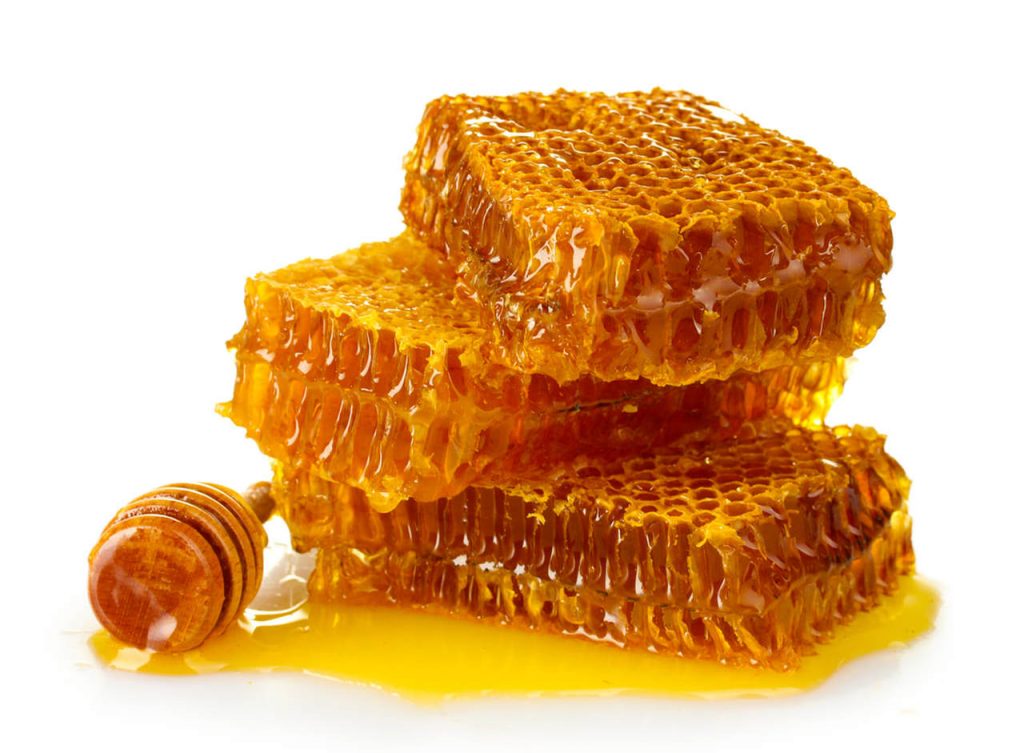
Raw Honey
Raw honey does have several health benefits. It contains antioxidants, has antibacterial and antifungal properties, and can ease a sore throat, allergies, and coughs. Be sure to purchase local, raw honey for the most benefits. Much of the honey that is mass-produced is adulterated with other substances to make it cheaper to produce.
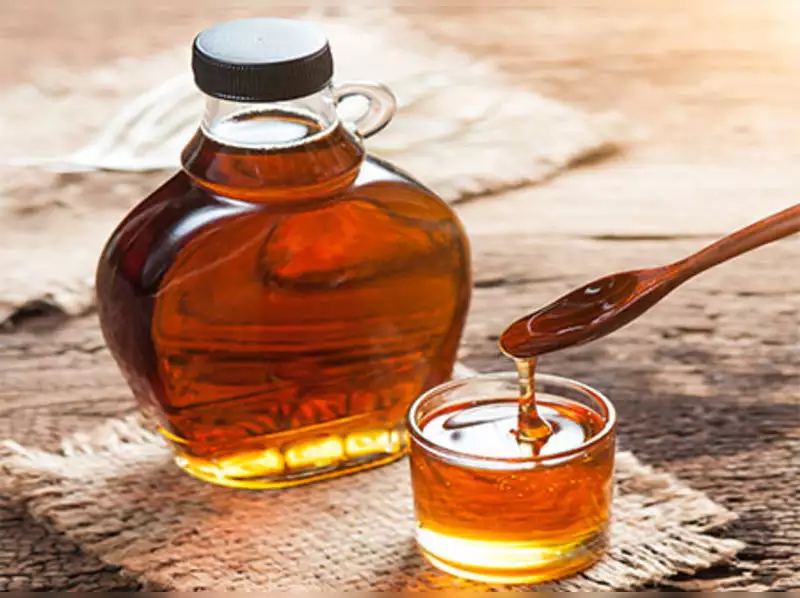
Maple Syrup
Real maple syrup is high in antioxidants and contains riboflavin, zinc, magnesium, calcium, and potassium and has fewer calories than honey. But just ⅓ of a cup contains a whopping 60 grams of sugar.
If you do use maple syrup occasionally, be sure to buy only 100% pure maple syrup. If it’s not labeled as such, it probably mostly consists of corn syrup, caramel coloring, and artificial maple flavoring.
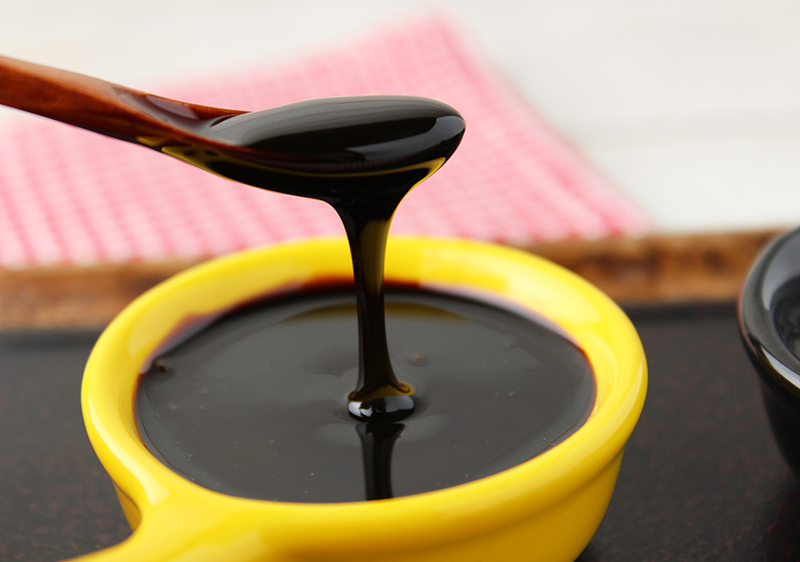
Blackstrap Molasses
Blackstrap molasses contains iron, calcium, magnesium, potassium, selenium, and vitamin B6. This molasses is a byproduct of the sugar cane refining process. The cane is crushed to create juice, boiled to make cane syrup, boiled again to create molasses, and boiled a third time to create blackstrap molasses.
This kind of molasses has the lowest sugar content of any cane-based sweetener, but it has something of a strong, distinctive flavor that will not be to everyone’s liking.
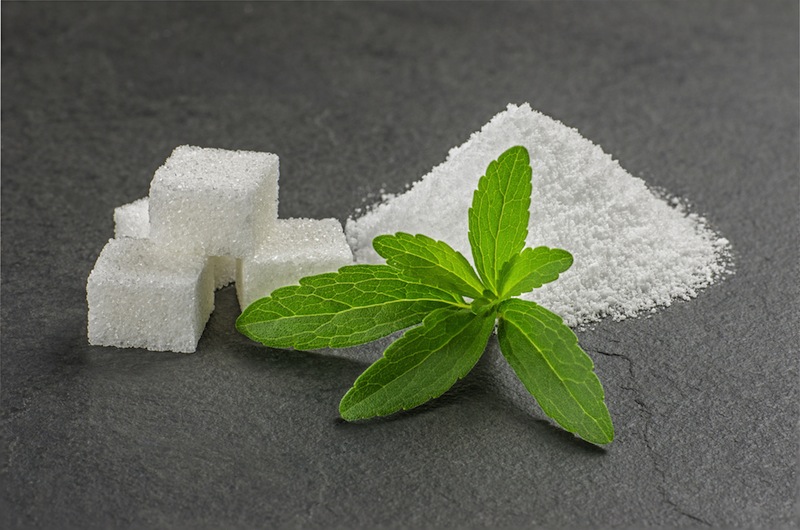
Stevia
Stevia is extracted from the Stevia Rebaudiana Bertoni plant, which is native to South America. Stevia is sweet, about 200 times sweeter than sugar, but it has no calories and no carbohydrates and little to no impact on blood sugar. It also doesn’t have the bitter aftertaste many sweeteners do.
Stevia has been found to lower LDL (bad) cholesterol and triglycerides and increase HDL (good) cholesterol.
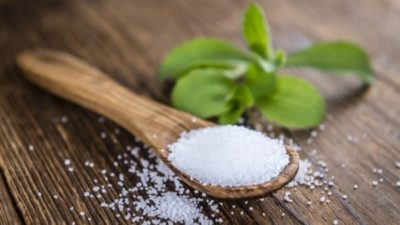
Xylitol
Xylitol comes from birch wood and sometimes corn. Like erythritol, xylitol has dental health benefits and is a better option for diabetics. Xylitol has a similar level of sweetness as regular table sugar but 40% fewer calories. Unlike some of the other sweeteners on our list, xylitol does not contain vitamins, minerals, or protein, so the calories it contains are all empty calories. But it does help feed the good bacteria in your gut so can help improve overall immunity and gut health.
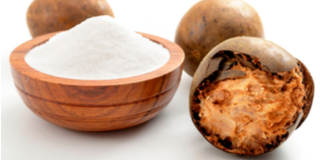
Monk Fruit Extract
Monk fruit is a small, round fruit native to Southeast Asia. Monk fruit extract is made by juicing the fruit and drying that juice into a powder. The extract contains a component called mogroside which has been shown to have antioxidant and anti-inflammatory properties.
Monk fruit extract contains no calories or carbohydrates so will not raise blood sugar levels. The sweetener is 100-250 times sweeter than table sugar.
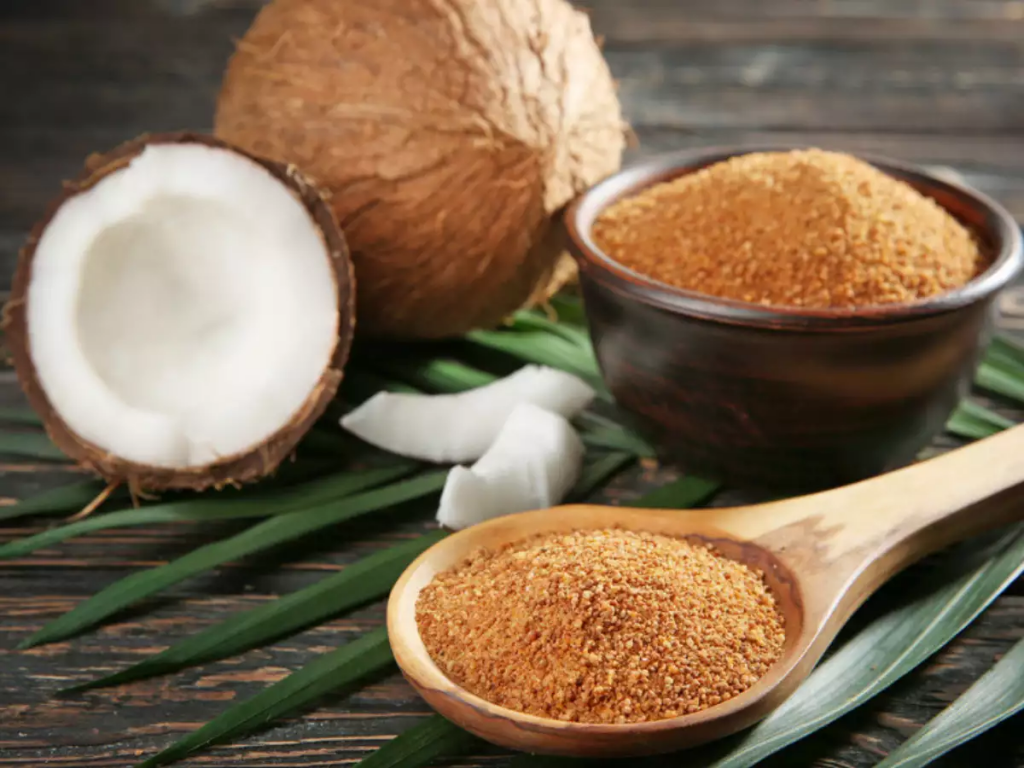
Coconut Sugar
All things coconut, water, oil, milk, flour have something of a health halo around them but that halo doesn’t extend to coconut sugar. While the sugar does contain some iron, calcium, potassium, and inulin, which is a fiber your healthy gut bacteria love, it has almost the exact same chemical makeup as white table sugar.
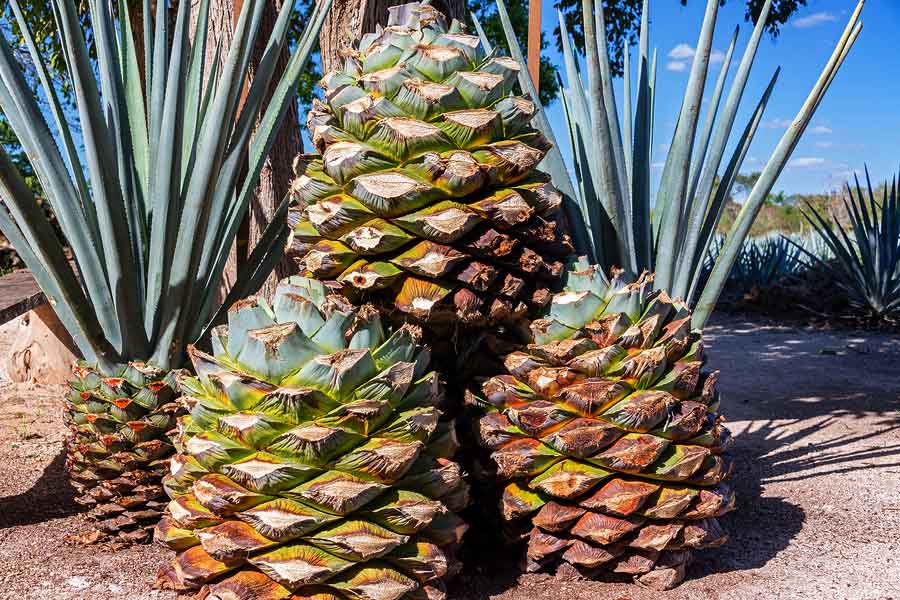
| Agave Agave nectar or syrup is often touted as a diabetic-friendly sweetener that doesn’t spike blood sugar levels. Still, agave contains as much as 90% fructose, the worst sweetener when it comes to metabolic damage. Plain old white table sugar, on the other hand, is about 50/50 fructose and glucose. Agave is far from a health food, so diabetic or not, walk past this sweetener in the grocery store. |
| No Such Thing as Perfect While some sweeteners have more health benefits than others, there is no such thing as the perfect sweetener. If you’re spending a lot of time trying to find that one sweetener that tastes great and won’t have “too much” impact on your health, you need to rethink your overall diet. There is nothing wrong with the occasional sweet treat. But, occasional should mean that you are having them so infrequently that whatever sweetener you use, even regular old table sugar, is not going to impact your overall health in any meaningful way. Because as with anything that is not “good” for us, the poison is in the dose. |
